
When, if ever, is it ethical to administer a medication to a patient-even an incapacitated one-without his knowledge? Read the case, and weigh in.

When, if ever, is it ethical to administer a medication to a patient-even an incapacitated one-without his knowledge? Read the case, and weigh in.
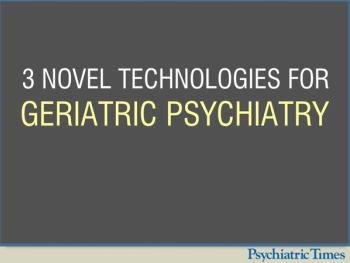
New tools for the armamentarium: a patient self-management app, a retinal imaging system, and a computer program for Alzheimer diagnosis.

Blood-based vibrational spectroscopy shows promise as a screening tool for dementia.
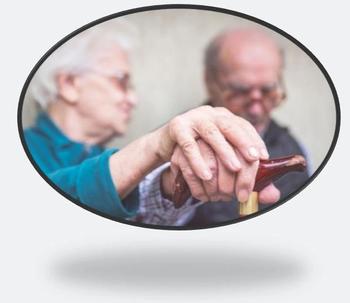
Persons with dementia can still retain the capacity to experience humor, joy, and mutual interactions. Therein lie the seeds of a new perspective on aging.
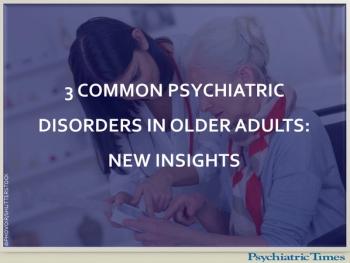
Are you up-to-date on the latest findings in mild cognitive impairment, dementia, and depression in elderly patients?

A look at the impact of shift work and long hours on cognitive function.
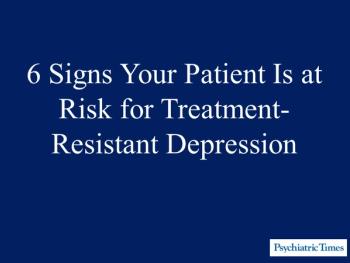
What factors predispose patients to TRD and what treatment strategies achieve response? Find out here, with a bonus case vignette.
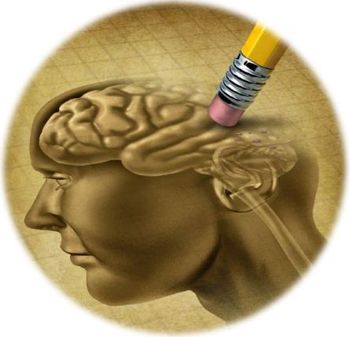
Here: what psychiatrists need to know about frontotemporal dementia. Case examples convey the variety of possible psychiatric presentations of behavioral variant FTD.
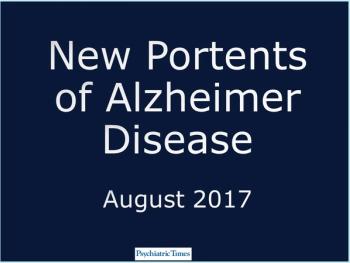
Researchers investigate Alzheimer disease in 3 key areas: sleep, seizures, and proton pump inhibitors.

Recent findings challenge the notion that these agents can provide sustained protection against cognitive decline.

In this pilot study, older adults who practiced yoga did better on measures of verbal and visual memory and executive function than those in memory training classes.
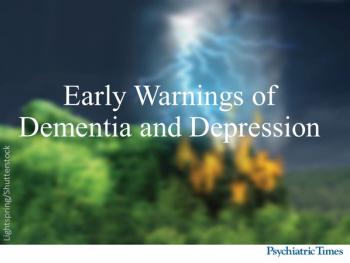
Among the clues revealed in 3 recent studies: brain amyloid, saliva biomarkers, and microvascular dysfunction.

Alzheimer disease-or dementia with Lewy bodies? Recently revised consensus criteria can help you solve this diagnostic dilemma.
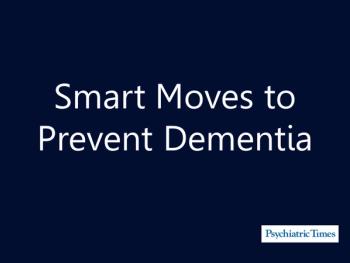
Three new studies show exercise can improve cognitive function, psychotropics for PTSD may raise dementia risk, and 3 biomarkers can help predict cognitive decline in elderly persons.

Although high blood pressure may put patients at risk for dementia, a class of antihypertensives appears to have a preventive effect.
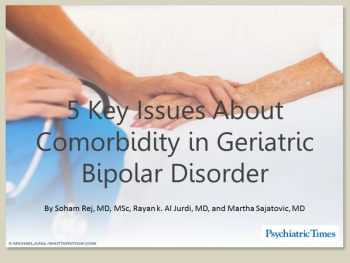
Clinicians need to consider and manage multiple medical and cognitive comorbidities when working with the elderly population. This slideshow provides an overview of key points relevant to geriatric bipolar disorder as it relates to comorbidity.

What do sudden cognitive disturbances, disorientation, and cloudiness of consciousness have in common? Take the quiz and learn more.
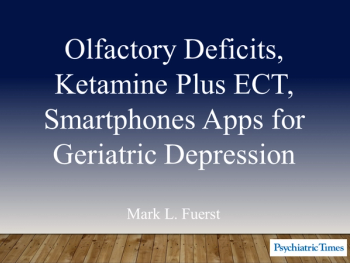
The latest news in geriatric psychiatry covers olfactory deficits in cognitively impaired patients, a smartphone app for older adults with serious mental illness, and adjunctive ketamine for late-life depression.
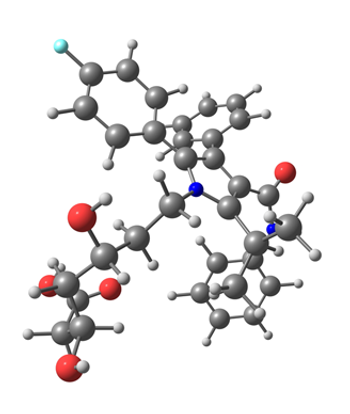
The genetics of dementia, dyslipidemia, and diabetes may hold the key to preventive therapy.
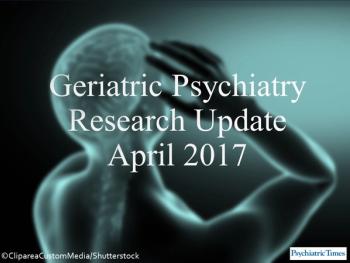
Three recent studies on dementia show antioxidants lack preventive effects, autoimmune disease hospitalization is a risk factor, and cognitive stimulation has modest benefits.

The caffeine in your morning cup of java could pack a neuroprotective punch.
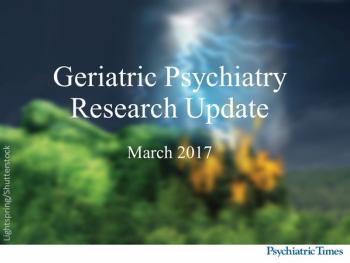
Insights from 3 recent studies on the benefits of mental stimulation for mild cognitive impairment, effect of brain stimulation on memory, and risk of dementia in men with sleep apnea.

Can cardiovascular fitness help older adults ward off dementia?
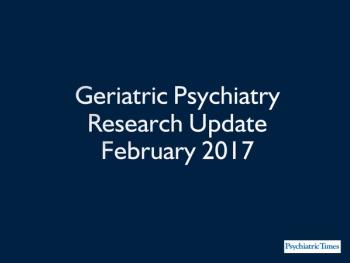
Highlights of 3 recent studies that focus on psychiatric disorders in older adults.
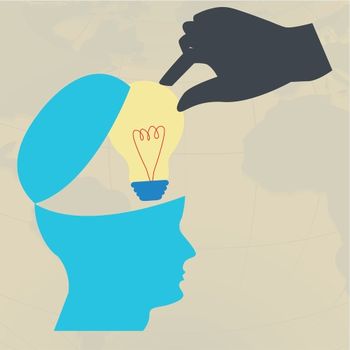
The goal of clinically relevant detection of neuropathological hallmarks may be in sight.